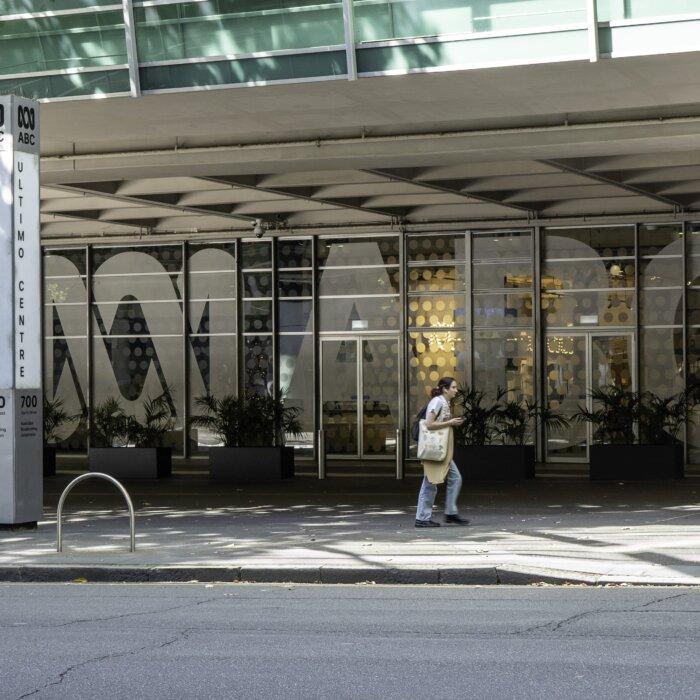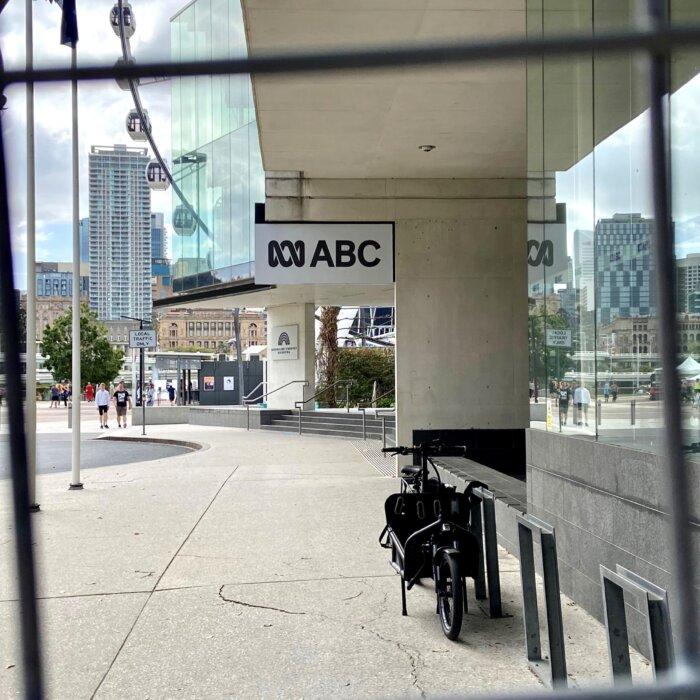A Supreme Court judge has ruled that the Australian Broadcasting Corporation (ABC) is not a Commonwealth entity, allowing a lawsuit that accuses the public broadcaster of inciting hatred against a local religious group to continue.
The ABC is currently embroiled in a discrimination lawsuit after it broadcast a series of programs about the spiritual meditation discipline of Falun Gong and its practitioners in 2020.
In 2021, Australian Falun Gong practitioners sued the ABC for allegedly engaging in inaccurate and biased reporting.
They alleged that the public broadcaster violated Section 8 of Victoria’s Racial and Religious Tolerance Act 2001, claiming their programs incited public hatred and hostility toward practitioners, many of whom came to Australia to escape the Chinese Communist Party’s persecution.
The lawsuit was first heard in the Victorian Civil and Administrative Tribunal (VCAT) in August 2023.
However, as the legal proceeding came close to concluding, the ABC raised a jurisdictional matter.
The VCAT senior member agreed, and suspended hearing while transferring it to the Supreme Court of Victoria.
The ABC Is Not A Commonwealth Entity
In her decision, Justice Harris said the ABC was not a Commonwealth entity.She found that despite being originally established via parliamentary legislation (the Australian Broadcasting Act 1942), the public broadcaster was not under the federal government’s direct control.
Specifically, under part III of the ABC Act 1983, the public broadcaster’s board of directors are appointed via a merit-based process conducted by a nomination panel, independent of the federal government’s direction.
In addition, the judge found that the ABC Act imposed obligations on the national broadcaster and its board of directors to act themselves independently.
The public broadcaster is also not subject to audit by the Commonwealth Auditor-General, which is a criterion indicating the degree of control by the federal government.
The judge also found that ABC staff were not considered public servants as they were not employed under the Public Service Act 1999.
In comparison, the financial industry watchdog, the Australian Securities and Investments Commission (ASIC), was recognised as a Commonwealth entity and staff are employed under the Public Servce Act.
“The above matters considered together, and giving particular emphasis to the provisions which limit the control which may be exercised by the Commonwealth executive over the ABC and its Board, have the effect that the ABC cannot be characterised as an entity through which the Commonwealth conducts its functions,” Justice Harris concluded.
Lawsuit Returns to VCAT
Justice Harris said therefore, that the current case did not fall within federal jurisdiction.In addition, the ABC itself stated that if the court ruled it was not the Commonwealth, all jurisdiction issues would be resolved, meaning VCAT will now have to resume proceedings and hand down a decision.
Harris also granted the applicants–Falun Gong practitioners–an indemnity certificate to recover costs for the jurisdiction matter from the Appeal Costs Board.







